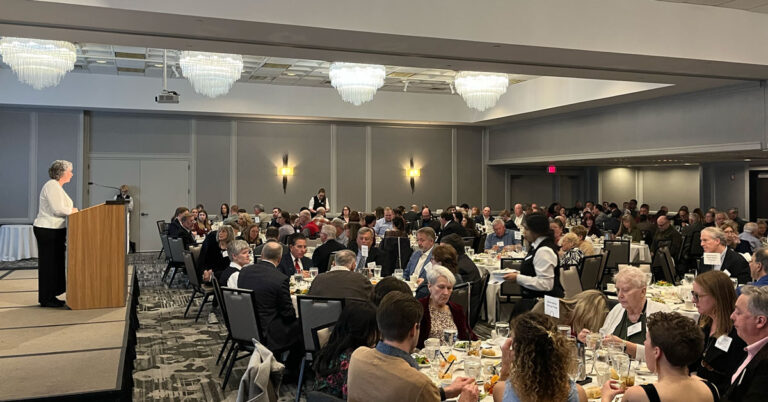Weekly Fiscal Facts are provided to Wisconsin Newspaper Association members by the Wisconsin Policy Forum, the state’s leading resource for nonpartisan state and local government research and civic education. The Wisconsin Policy Forum logo can be downloaded here.
- Download this column as a Word document
- See other WNA Member Content offerings
The rapid rise of online home rental services, such as Airbnb, has brought opportunities for travelers but also challenges for governments seeking to collect taxes on those sales.
Wisconsin sales tax revenues from these online “lodging marketplaces” rose 46.7% in 2019, as the market grew and state and local collection efforts increased in the wake of a key U.S. Supreme Court ruling. This represents a still small but rapidly growing source of revenue for the state, as total collections were $3.9 million, up from $2.7 million in 2018, according to the Wisconsin Department of Revenue.
These figures do not include room taxes imposed by more than 290 municipalities in Wisconsin, which totaled $116.8 million in 2018, a 4.4% increase from the previous year and a 140% increase since 2000.
Room taxes are generally capped at 8%, and the revenues must be used largely for promoting local tourism and overnight lodging stays.
The online platforms initially left it up to the rental owners themselves to collect and remit all state and local taxes on their sales. That often didn’t happen, leading to lost revenues for governments and different treatment for hotels, which must collect state and local taxes from their customers.
Over time, Wisconsin has gradually ramped up its collections efforts and has now updated state law to hold the platforms legally responsible for collecting revenues from these sales. As of January 1, any lodging “marketplace provider” processing transactions for a third-party seller must also collect and remit all applicable state and local taxes on those sales.
As the sharing economy expands, governments will have to continue adjusting policies in response to new providers and platforms. In the case of online lodging marketplaces, the state has moved relatively quickly in recent years to address the trend and in doing so has set an example that could be applied to other aspects of the sharing economy and online commerce.
This information is a service of the Wisconsin Policy Forum, the state’s leading resource for nonpartisan state and local government research and civic education. Learn more at wispolicyforum.org.



